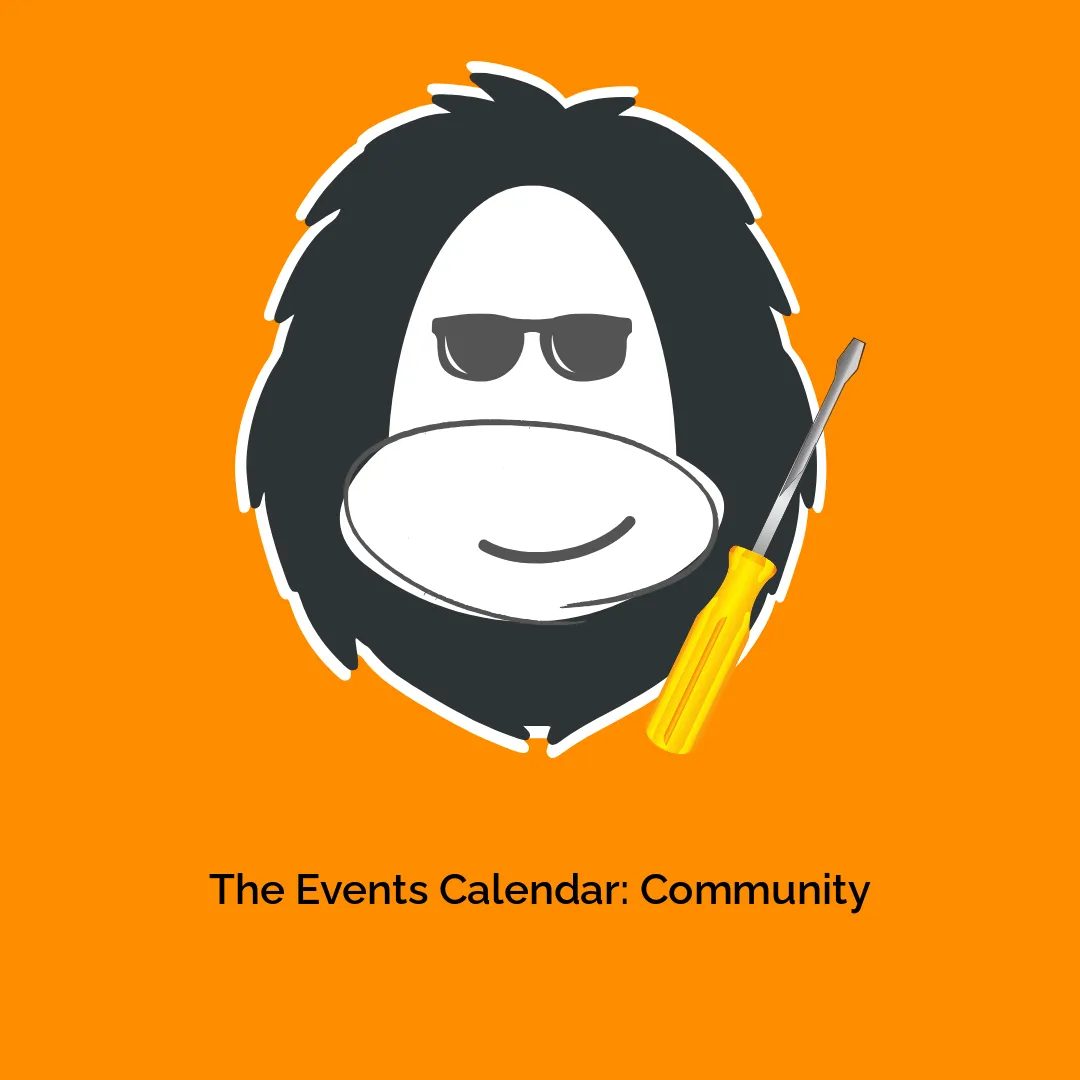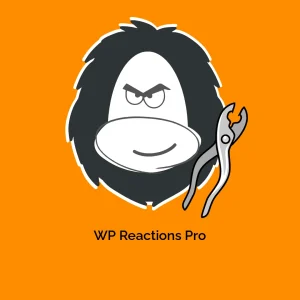Empowering Your Community with User-Submitted Events
User-submitted events have the power to transform your WordPress website into a vibrant hub of activity and interaction. By incorporating an event submission form, you create opportunities for community engagement while maintaining editorial control over the events that are published. By facilitating users to submit their events, you foster a lively atmosphere that enhances participation, builds networks, and broadens the range of activities available to your audience.
The Event Submission Framework
Integrating user submission to your community calendar is not only about providing a form; it’s an entire system that ensures smooth operation from submission to publication. Similar to more prominent community-driven platforms, your website can serve as a melting pot for events that cater to varied interests. Here’s how it works:
-
Event Submission Form: The backbone of your community calendar, this form allows users to propose their events easily without needing admin access. This seamless feature encourages even casual users to actively participate.
-
Publishing Control: Retaining editorial oversight is crucial for maintaining the quality and appropriateness of submitted events. You have the flexibility to decide whether events are published immediately or placed in a draft queue for your approval, allowing you to moderate submissions as needed.
-
User Registration Flexibility: Depending on your vision for community engagement, you can choose to accept submissions from all users or restrict it to registered accounts. Users can even submit anonymously if you feel that would increase participation.
-
Ticketing Capabilities: The integration of ticketing platforms allows event organizers to manage ticket sales directly from your site. This introduces an additional revenue stream while providing users with a straightforward method to buy and sell tickets.
-
Revenue Sharing Model: A thriving calendar is beneficial for both the platform owner and event organizers. You can set fees per ticket sold, and with a smart revenue-sharing model, both parties gain financially. This arrangement fosters a supportive ecosystem where users feel incentivized to promote and manage high-quality events.
-
Spam Protection Features: Protecting your calendar from spam is a priority. Leveraging technologies like reCAPTCHA ensures that malicious or irrelevant submissions are minimized, maintaining the integrity and reliability of your event listings.
-
Email Notifications: Keeping abreast of submissions is vital for effective calendar maintenance. Automatic email alerts inform you promptly of new event proposals, helping you manage submissions efficiently.
-
Monitoring and Reporting: The ability to track event submissions, ticket sales, and organizer payouts is invaluable. This transparency not only builds trust with your users but also allows you to gauge the success of your community calendar and identify areas for growth.
Enhancing Community Engagement
Creating a bustling calendar involves leveraging the contributions of your users, but it also means implementing strategies to bolster community engagement effectively.
Building a Stronger Network
By encouraging local organizations, hobbyist groups, or even individual users to submit events, you can curate a calendar that reflects the vibrant diversity of interests within your community. For example, crafting partnerships with local small businesses can stimulate local economic engagement, drawing visitors excited about workshops, pop-up markets, and local festivals.
The Role of Community Case Studies
It’s beneficial to look towards existing models of success. For instance, consider how “Sip & Script,” a community that organizes calligraphy workshops across the country, utilizes their events calendar to connect with local talent and promote skill-sharing among participants. Their ability to engage diverse groups and maintain an active calendar accentuates the power of community-driven initiatives.
Promotions and Marketing Strategies
Promoting the calendar effectively is crucial for its success. Use social media campaigns targeting local audiences, collaborate with influencers, or even develop a newsletter for your community events. All these strategies can lead to increased visibility and participation from users who might not yet be aware of the opportunities your platform provides.
Flexibility and Personalization
The flexibility of management settings can help you tailor the experience to align with your community’s needs. Here are a few ways you can personalize your community event calendar:
-
Customizable Submission Forms: Customize the fields in your event submission form to gather relevant details needed for your calendar, ensuring that crucial information is always captured while keeping it user-friendly.
-
User Roles and Permissions: Depending on community dynamics, you might want to set various permission levels for event organizing. For example, enabling only certain user roles (e.g., Contributor or Editor) to submit events can help maintain quality, while still allowing a broader range of contributors.
-
Event Categories: Classifying events into categories allows users to quickly find events that interest them. Whether it’s fitness classes, workshops, local meetups, or performances, proper categorization enhances user experience significantly.
Promoting Sustainability Through Community Contributions
As a calendar owner, fostering an environment where users can submit their own events inevitably leads to sustainable growth. Among your community members are potential event organizers who can significantly contribute to the calendar’s richness:
-
Empowerment Through Knowledge: Providing users with resources on how to host successful events (e.g., workshops, guidelines) encourages them to take initiative and will likely improve the quality and diversity of events offered.
-
Feedback Loops: Implementing a feedback mechanism for attendees and event organizers helps maintain quality control, fosters community communication, and empowers users by giving them a voice in shaping future events.
Conclusion
Establishing a user-driven events calendar transforms your WordPress site into a dynamic source of local engagement and community building. The tools available through community submission features empower users, foster creativity, and help cultivate an inclusive atmosphere. By adopting a structure that balances accessibility and quality control, you’re not just promoting events; you’re knitting a tighter social fabric within your community.
The blend of user involvement, flexible features, and strategic oversight presents a unique opportunity to create an invaluable community resource. The Events Calendar Community opens a channel for shared experiences, invites innovation in local event hosting, and ultimately turns your calendar into an essential asset for community cohesion. By integrating these dynamics, your community calendar will not only thrive but can also stand as a blueprint for successful local engagement initiatives in the digital realm.
The Events Calendar: Community: Download for Free on OrangoGPL
Certainly, is viable and perfectly law-abiding.
Truly, even downloading a cracked The Events Calendar: Community is law-abiding, because the license it is distributed under is the General Public License, and this license allows all kinds of code modifications.
Therefore, there’s no reason to be concerned: If you wanted to buy The Events Calendar: Community cheaply or, directly, to download The Events Calendar: Community Plugins nulled and, this way, obtain it completely free, on OrangoGPL, you can do that without breaking the law.
The Events Calendar: Community GPL: The only solution for entrepreneurs at the start of their journey
Call it whatever you want: The Events Calendar: Community Plugins offers, download The Events Calendar: Community Plugins GPL, download The Events Calendar: Community without license or download The Events Calendar: Community nulled.
It is perfectly legitimate and a necessity for every entrepreneur just starting.



-300x300.webp)

Reviews
There are no reviews yet.